How Warrior PATHH Moves the Needle on Mental Health
This month, which marks both Military Appreciation Month and Mental Health Awareness Month, is a powerful reminder of why programs like Warrior PATHH matter. In this blog, Dr. Jennifer Selke explores how Warrior PATHH helps veterans and first responders move from post-traumatic struggle to strength. If you’ve ever wondered whether real, lasting change is possible, this is the story you need to read.
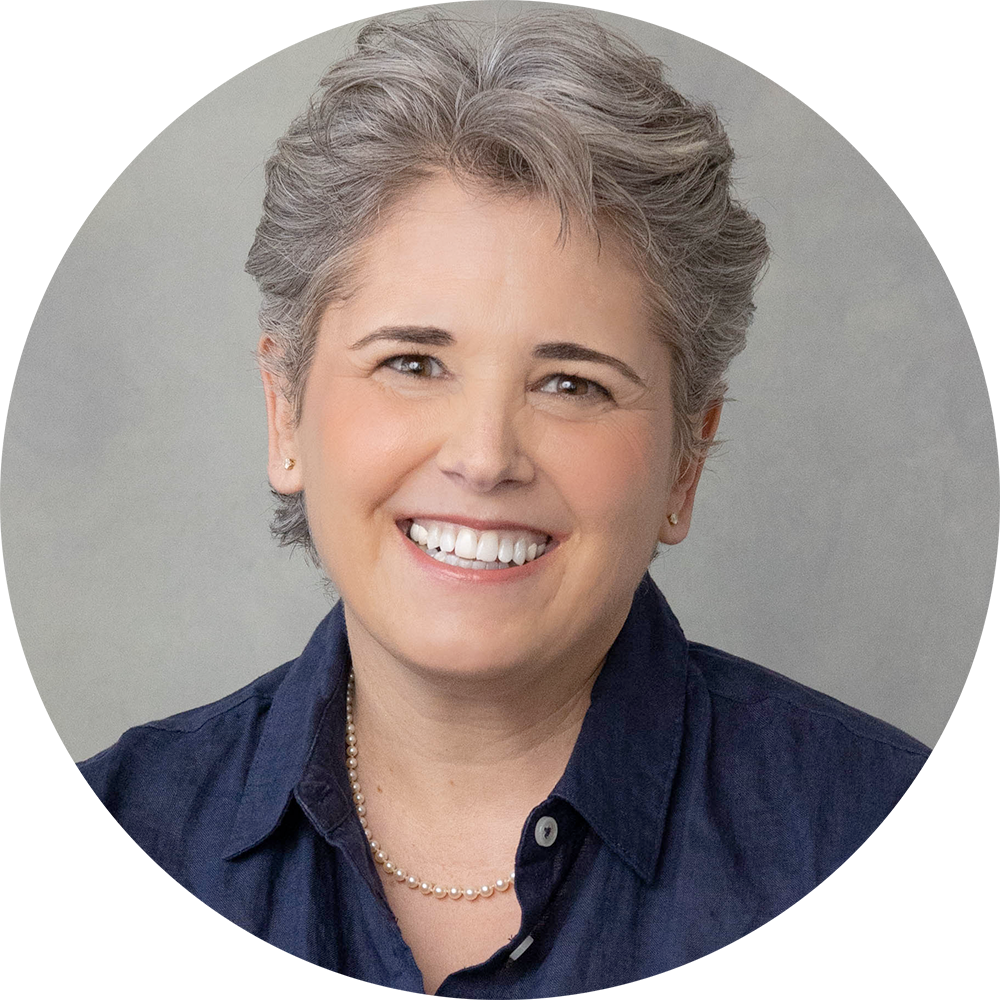
What if seven days could loosen the grip of a lifetime of pain and hurt? Warrior PATHH participants discovered exactly that, realizing, “My mother was shaped by her circumstances, and knowing that set me free to forgive,“ and “I feel like I have let go of the feelings of being a burden, and now have skills to grow and build better relationships.”
May unites two causes close to our hearts at Camp Southern Ground – Military Appreciation Month and Mental Health Awareness Month – making it the perfect time to spotlight Warrior PATHH. This 90‑day, peer‑led training began at Boulder Crest in 2014 and now operates at 11 sites nationwide, including ours. Offered at no cost to participants, it transforms post‑traumatic struggle into lasting strength and provides a proven way to reduce the epidemic of suicide among veterans and first responders.
Why Warrior PATHH Matters
Many warriors start their service already carrying a backpack full of heavy emotional “rocks.” One in four male service members report four or more adverse childhood experiences (ACEs), which is twice the civilian rate.1 For women, the load is even heavier: nearly 60 % of post‑9/11 women veterans report at least one ACE, and about a quarter report four or more – significantly higher than civilian peers.2,3 Students arrive at Camp Southern Ground with these childhood burdens layered atop service‑related injuries; Warrior PATHH provides the holistic, peer‑based training they need to set that load down.

What It Feels Like
Numbers are persuasive, but human stories bring them to life.
“Thank you from the bottom of my heart for giving me the tools I needed to get my life back… I truly feel blessed to have been given this opportunity.” — Coop, Warrior PATHH graduate.
“If I’m being honest, the world would probably be a pretty different place if I hadn’t done PATHH… You’ve helped make me a better dad, friend, and leader.” — Brad C., Warrior PATHH graduate
Graduates consistently report better sleep, more honest communication at home, and re‑engagement in careers and communities they thought were lost to them.
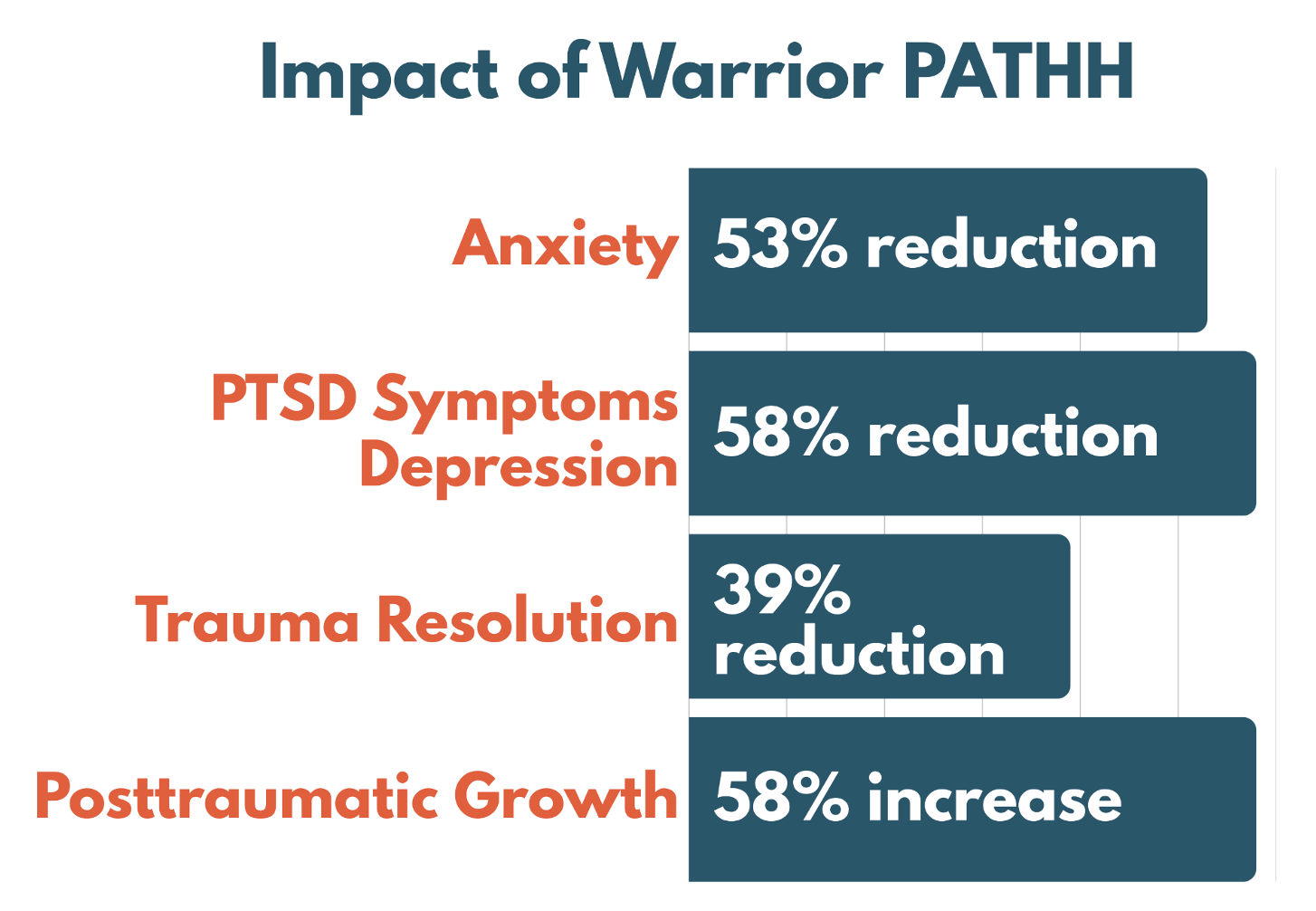
Why It Works
Post‑traumatic Growth (PTG) is Warrior PATHH’s backbone – an evidence‑based framework showing that deep struggle often sparks the reflection needed to rediscover what matters. The program begins with a seven‑day intensive on our 400‑acre campus, followed by 12 weeks of online coursework and five group calls with their course PATHH Guide. All training unfolds within a trusted peer community and centers on five core elements:
- Education – understanding how trauma and stress affect mind and body
- Regulation – building daily practices for mental, physical, financial, and spiritual wellbeing
- Disclosure – sharing experiences safely to replace isolation with connection
- Story – re‑narrating the past into a story of hope and strength
- Service – crafting a purposeful plan for a future many once thought they would never see
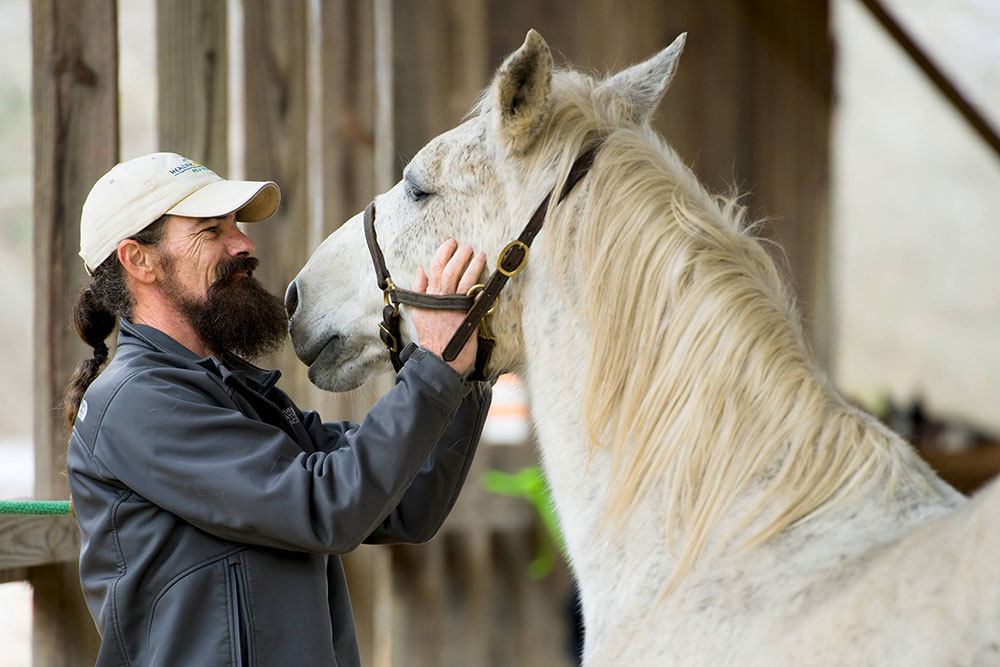
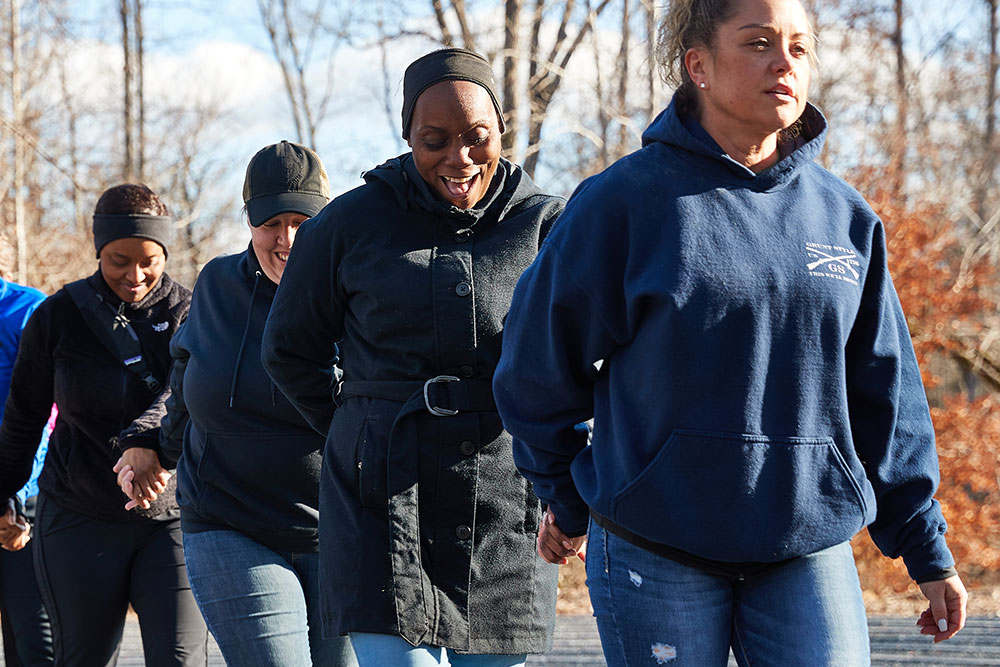
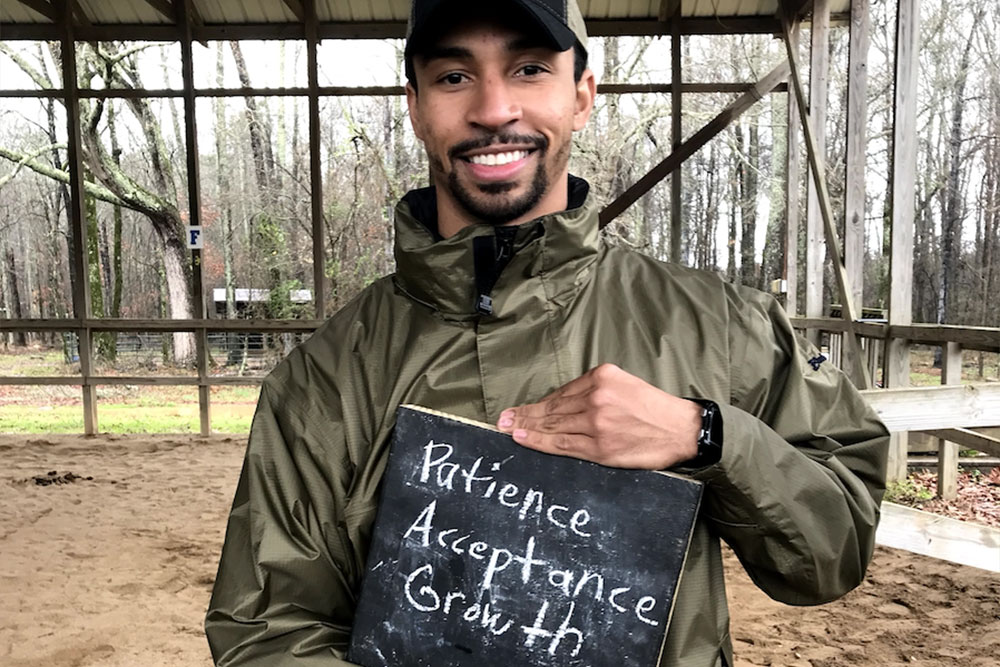
Join the Movement
See the program up close, ask questions, or refer someone you love by joining our free monthly session:
Warrior PATHH Information Session: Discover How to Struggle Well
- Meet PATHH Guides and graduates and hear their stories
- Learn how the program delivers growth 3–5× greater than traditional approaches
- Discover who is the best fit for this training what the application process is like
Attend an Info Session | Apply for Warrior PATHH
By sharing this information (or by applying to Warrior PATHH for yourself) you help ensure every warrior still wrestling with the past finds a proven route toward a future they deserve. At Camp Southern Ground, we honor their sacrifice by championing their growth.
1 Blosnich, J. R., Dichter, M. E., Cerulli, C., Batten, S. V., & Bossarte, R. M. (2014). Disparities in adverse childhood experiences among individuals with a history of military service. JAMA Psychiatry, 71(9), 1041–1048.
2 Aronson, K. R., Perkins, D. F., Morgan, N. R., Bleser, J. A., Vogt, D., Copeland, L. A., … Gilman, C. L. (2020). The impact of adverse childhood experiences and combat exposure on mental health conditions among new post‑9/11 veterans. Psychological Trauma: Theory, Research, Practice, and Policy. Advance online publication.
3 McCauley, H. L., Blosnich, J. R., Dichter, M. E., Cerulli, C., & Bossarte, R. M. (2015). Adverse childhood experiences and adult health outcomes among veteran and non‑veteran women. Women’s Health Issues, 25(5), 543–549.
